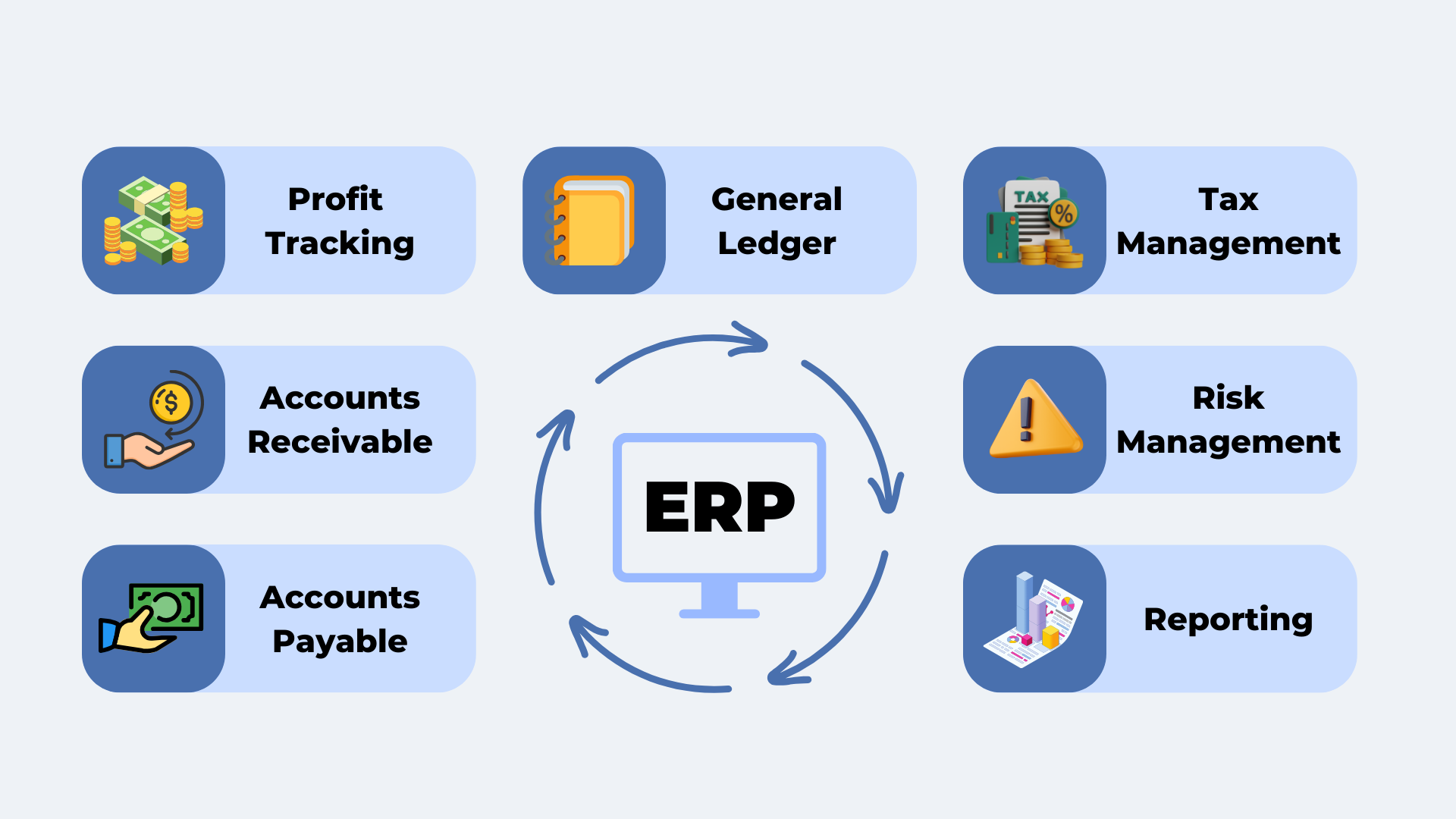In today’s fast-paced business environment, efficient financial management and accurate reporting are crucial for maintaining a competitive edge and ensuring long-term success. Enterprise Resource Planning (ERP) software plays a vital role in enhancing financial management and reporting capabilities for organizations of all sizes. This article explores the various ways in which ERP software improves financial processes and provides insights into the benefits it offers.
Streamlined Financial Processes
One of the primary advantages of ERP software is its ability to streamline financial processes. Traditional financial management often involves disparate systems and manual processes, leading to inefficiencies and errors. ERP software integrates various financial functions into a single platform, allowing for seamless data flow between accounting, procurement, sales, and other departments. This integration reduces the need for manual data entry, minimizes errors, and ensures that financial data is consistent and up-to-date.
Real-Time Financial Visibility
ERP systems provide real-time visibility into an organization’s financial health. By consolidating financial data from various sources, ERP software enables finance teams to access accurate and timely information on cash flow, accounts receivable, accounts payable, and other key financial metrics. This real-time visibility allows for better decision-making and more effective management of financial resources.
Automated Financial Reporting
Generating financial reports manually can be time-consuming and prone to errors. ERP software automates the reporting process, allowing for the creation of accurate and comprehensive financial reports with minimal effort. Users can generate standard financial statements, such as balance sheets and income statements, as well as customized reports tailored to specific business needs. Automated reporting not only saves time but also ensures that reports are consistent and reliable.
Improved Compliance and Auditing
Compliance with financial regulations and standards is essential for avoiding legal issues and maintaining transparency. ERP software helps organizations adhere to compliance requirements by providing built-in controls and audit trails. These features track and document financial transactions, making it easier to conduct audits and ensure that financial practices align with regulatory standards. Additionally, ERP systems can generate reports that facilitate compliance with tax regulations and other legal requirements.
Enhanced Budgeting and Forecasting
Effective budgeting and forecasting are critical for financial planning and resource allocation. ERP software offers advanced tools for budgeting and forecasting, enabling organizations to create detailed financial plans and projections. Users can analyze historical data, model various scenarios, and adjust budgets based on real-time insights. This enhanced capability helps organizations anticipate financial challenges and opportunities, leading to more informed strategic decisions.
Integration with Other Business Functions
ERP systems integrate financial management with other business functions, such as supply chain management, human resources, and customer relationship management. This integration allows for a comprehensive view of how financial decisions impact other areas of the organization. For example, integration with procurement systems helps manage vendor payments and track expenses, while integration with sales systems provides insights into revenue and profitability.
Data Accuracy and Integrity
Data accuracy and integrity are paramount for effective financial management. ERP software ensures that financial data is accurate by eliminating data silos and reducing the risk of manual errors. With centralized data storage and real-time updates, organizations can trust that their financial information is reliable and up-to-date. This accuracy is essential for making sound financial decisions and maintaining stakeholder confidence.
Conclusion
ERP software significantly enhances financial management and reporting by streamlining processes, providing real-time visibility, automating reporting, improving compliance, and supporting budgeting and forecasting. By integrating financial functions with other business areas, ERP systems offer a holistic view of an organization’s financial health and enable more informed decision-making. As businesses continue to evolve, leveraging ERP software for financial management will be crucial for staying competitive and achieving long-term success.
